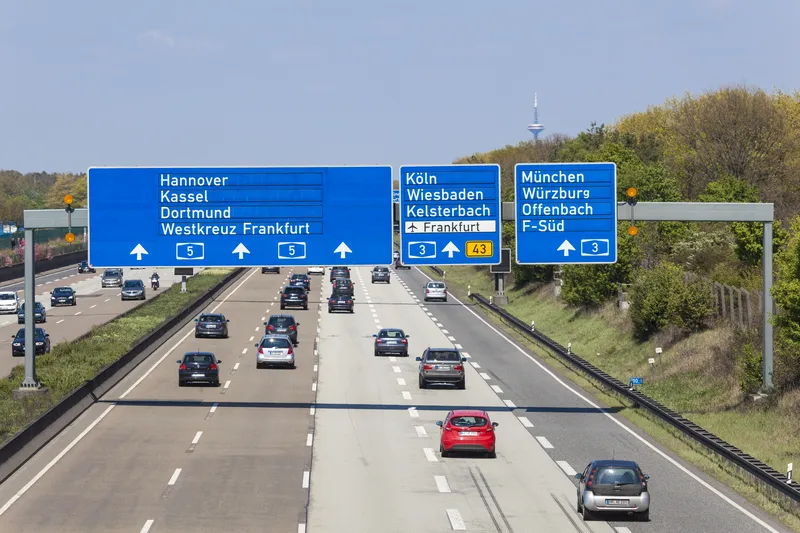Automaker Groupe
They are currently carrying out tests in Normandy, France, to study the approach and crossing of toll barriers and work zones by autonomous Renault vehicles, using V2X infrastructure developed by Sanef. The testing will continue until 2018.
For the toll barrier crossing tests, the autonomous vehicle receives information about compatible available toll lanes around 1 km before the barrier. Before approaching the zone, the vehicle will anticipate its position in the lane and adapt its speed by gradually slowing down according to the speed signs.
To provide guidance in the absence of lane markings, the autonomous Renault vehicles use sensors and virtual lines derived from a high definition map of the site. The vehicle approaches the dedicated lane at less than 30 km/h, while the sensors maintain the car in the centre of the lane.
Groupe Renault and Sanef collaborate on autonomous vehicles
Automaker Groupe Renault and motorway operator Sanef have announced their cooperation to further develop communications between autonomous vehicles and road infrastructure and testing on toll barrier crossings and work zone approaches.
July 13, 2017
Read time: 1 min









